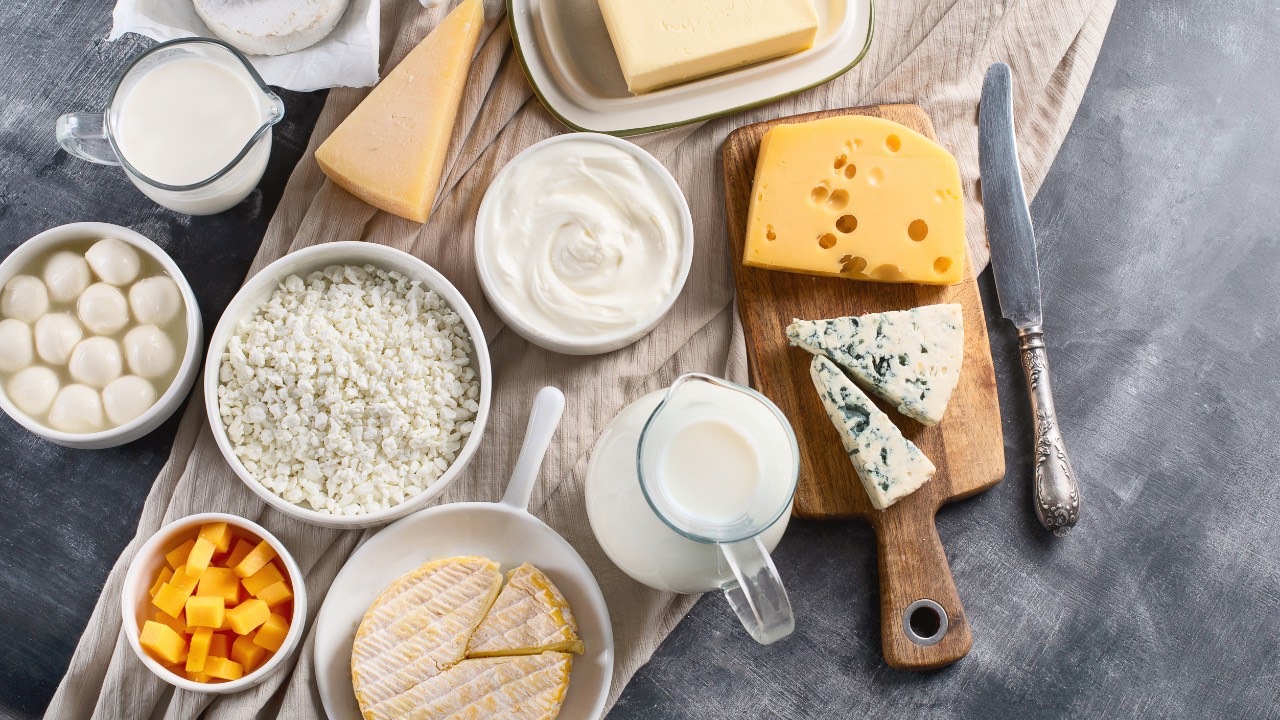How Dairy Influences Your Period Health: Insights and Facts
Jan 31, 2024
Ten years ago, my life was overshadowed by extreme period pains. It was more than discomfort – it was debilitating. I fainted, experienced severe vomiting, and relied heavily on strong painkillers just to get through each cycle. It was a struggle that many women face silently, thinking it's just a 'normal' part of being a woman.
But then, I took a decisive step towards change. As part of transforming my diet for better health, I eliminated dairy. The results were nothing short of miraculous. Within just three menstrual cycles, the unbearable pain I had grown accustomed to was almost entirely gone. The need for painkillers vanished, and for the first time in years, I felt like I had control over my life and my body.
This experience prompted me to explore the link between dairy consumption and menstrual health more deeply. I found that dairy products, particularly those containing A1 casein protein from A1 cows, often aggravate period pain and other menstrual symptoms. A1 casein, a common component in most commercial dairy products, can transform into an inflammatory compound in the body, initiating immune responses that lead to menstrual discomfort. Dairy also contains prostaglandins and estrogens, which are associated with period pain and can contribute to a thicker uterine lining. This could result in heavier and potentially more painful periods. However, it's important to note that this isn't always the case, as some women may experience heavy but painless periods.
Interestingly, other scientific studies exploring the direct association between dairy and dysmenorrhea (period pain) have shown mixed results. Four studies examining this link found no association between dairy and period pain; some even suggested a reduction in pain, likely due to dairy's high calcium content. Calcium is known for diminishing PMS-related symptoms, including pain.
However, my experience working with women has shown a recurring pattern. Many who struggle with period pain, hormonal acne, endometriosis and PMS symptoms experience considerable relief after eliminating dairy, especially conventional dairy. It's important to emphasise, though, that experiences vary. While some benefit greatly from cutting out A1 dairy, others may not see any noticeable changes. This underscores the vital importance of understanding and listening to your own body's unique responses.
If you find you are sensitive to A1 casein but still want to enjoy dairy, A2 dairy – found in milk from goats, sheep, and certain cow breeds – can be a great alternative. These types of dairy typically do not contain the problematic A1 casein and are often more tolerable.
Also, it's a myth that dairy is the only source of calcium. Plenty of other foods, like green leafy vegetables, nuts, and seeds, are rich in calcium and can support bone health effectively. In fact, research has shown that milk drinkers do not necessarily have stronger bones than non-milk drinkers.
My journey and professional experience have taught me that dietary choices can profoundly impact menstrual health. If you're struggling with period pain or other menstrual issues, consider examining your dairy intake. Every small step towards understanding your body's unique needs can lead to a healthier, more comfortable menstrual cycle.
Remember, this journey is about finding what works for you, and sometimes, the most significant changes start with the simplest of steps.
Stay connected!
Join our mailing list to receive the latest news and updates.
We will never sell your information, for any reason.

